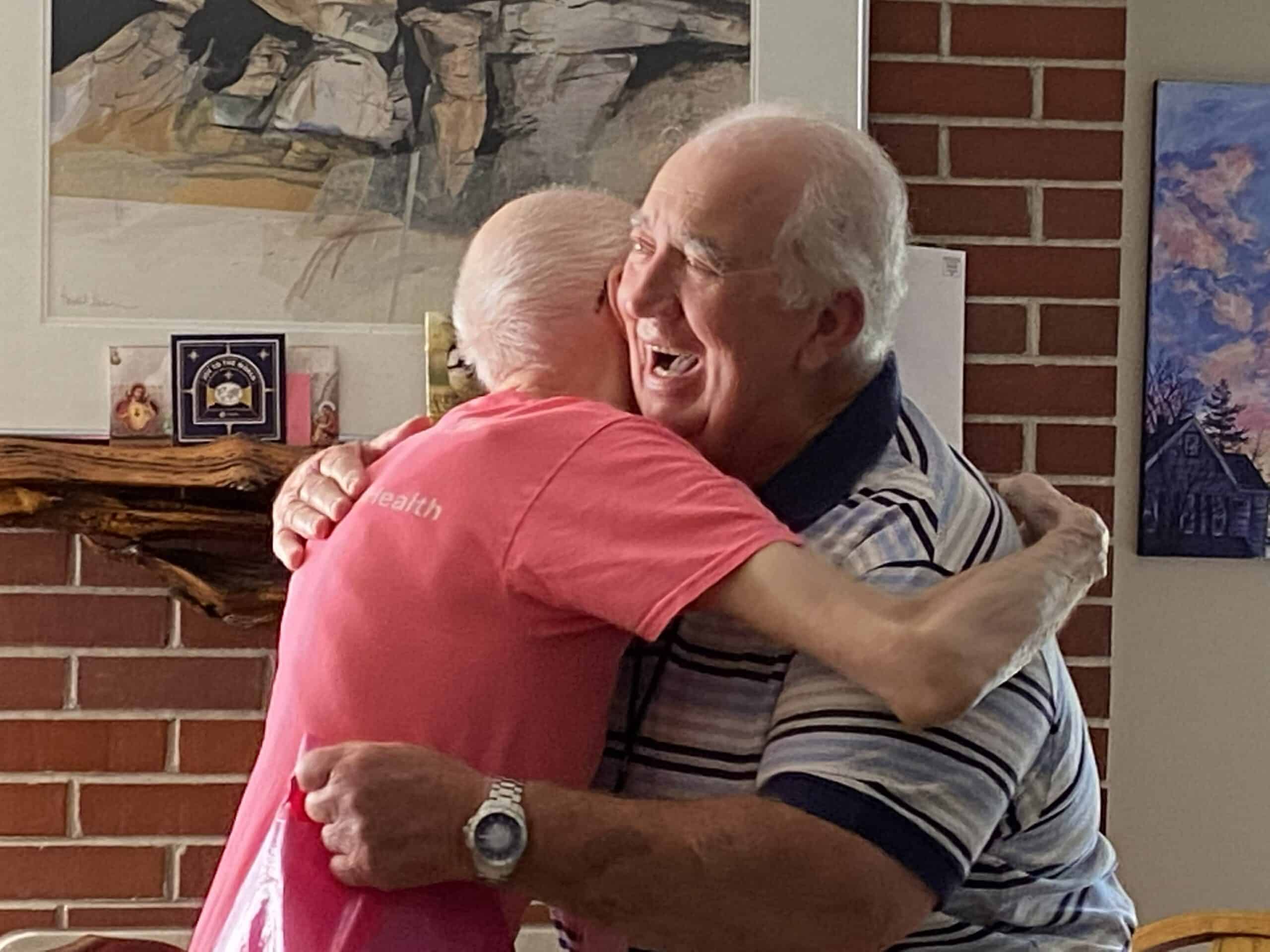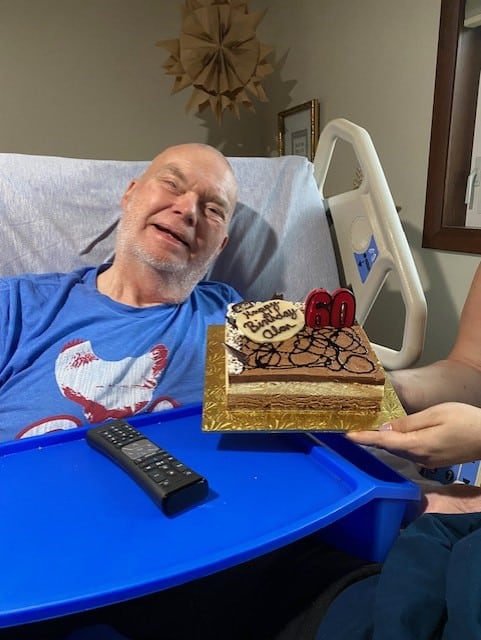Geriatric
Providing Comfort When it Matters Most
Geriatric hospice services are offered to clients in their homes, independent/assisted living facilities and the skilled nursing home setting. The client is determined eligible for services based upon a diagnosis of terminal illness and/or the change in an illness that affects their predicted life expectancy. As the clients condition declines the goal of care transitions from aggressive to palliative, or comfort.
A Holistic Plan
Hospice care addresses symptoms associated with a client’s terminal illness, focusing on comfort instead of seeking a cure or treating the disease. The interdisciplinary team develops a plan of care to address areas in need of support; disease education, pain management, caregiver support, financial resources and spiritual care. The client and family are asked to participate in the development so that the plan is individualized to meet their expectations and outcomes.


Relief of Symptoms
Symptoms that are controlled with medication or holistic approaches may include:
- Pain
- Fatigue – Insomnia
- Loss of appetite
- Nausea/vomiting
- Constipation
- Shortness of breath
- Anxiety – Restlessness
Education
The RN Case Manager and interdisciplinary team are prepared to educate families and caregivers related to the care, treatment and disease process of each client. The needs are unique and can cause unnecessary stress. The team explains symptoms and potential interventions to address concerns and improve comfort and quality of life. They will guide the family as they learn to care for the clients’ needs as it relates to the dying process.
Emotional Support
The client and family experience a myriad of emotions when dealing with a terminal illness. Anxiety, depression, anger, guilt and fear are typical and appropriate responses to the circumstances. The hospice team is prepared to offer encouragement and support, as well as make referrals for counseling, organize family meetings, recommend support groups, etc.
Resources
Terminal illness can create financial stress and complications with employment, transportation, and meeting the overall needs of those involved. The care team can identify community resources, answer questions and offer practical suggestions.
Spiritual Care
Spiritual practices can offer comfort to many families dealing with questions and matters of faith. The spiritual coordinator provides the component of spiritual support, prayer, faith, hope and reassurance during the end of life process and through bereavement services.
Many clients have an existing spiritual practice or belief system. The Spiritual Coordinator supports the client’s choice, they may offer additional resources and coordinate service with congregations/parishes as requested. Spiritual Coordinators may officiate funeral/memorial services per request.
Bereavement
Bereavement services are designed to support the system affected by the clients’ death, including but not limited to family and friends. The emotional process of grief can be overwhelming and difficult to navigate, but with the support of bereavement team it is not something that you have to do alone. Each of us grieve differently, therefore a plan is created to encourage healing and offer support. Services are offered one on one, in a support group setting, via mail and phone.

